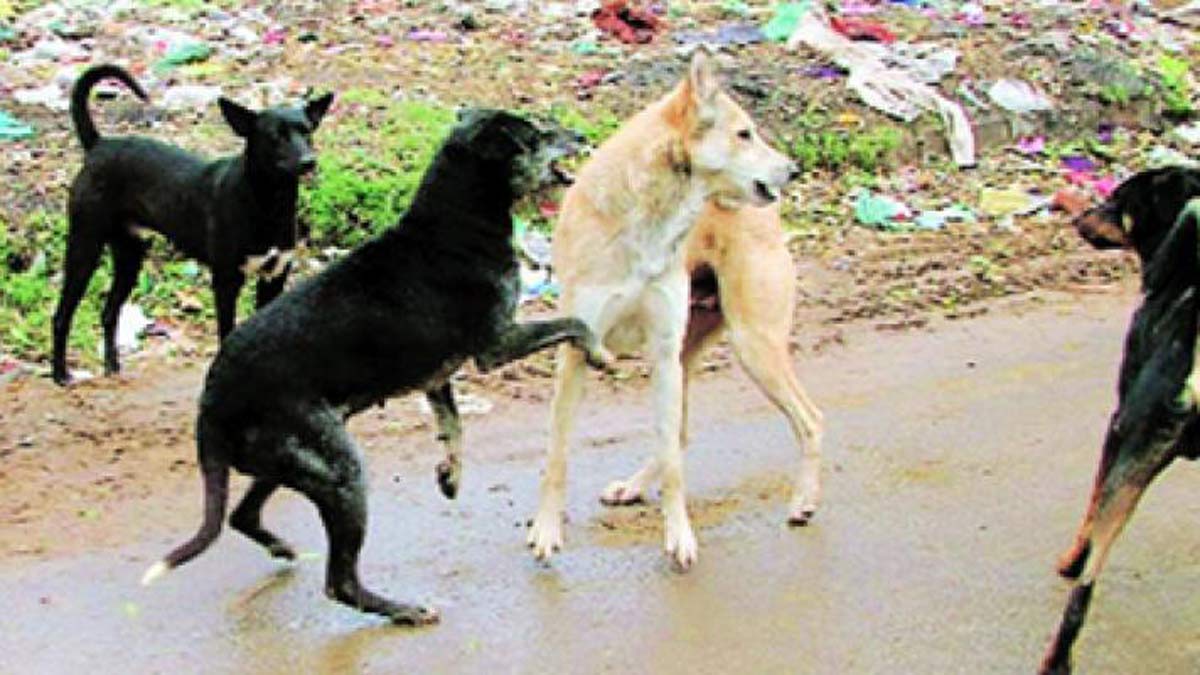Kerala looks for innovative ways to tackle stray dog menace

The Kerala government is set to invoke euthanasia provisions under the Prevention of Cruelty to Animals Act, 1960, to bypass obstacles in culling rabid and critically ill stray dogs. The responsibility for managing the stray dog population lies with local self-government institutions, as per the Panchayati Raj and Municipality Acts. With government backing, local bodies can proceed with euthanising dangerous or severely ill dogs while ensuring compliance with WHO guidelines.
In the first five months of 2025 alone, Kerala recorded over 1.65 lakh dog bite cases, with 17 deaths. When asked in Parliament whether the government would consider revising its policies to allow euthanising dangerous and aggressive dogs in line with scientific advancements, the Union government clarified that, under the 1960 Act, euthanasia is only permitted for animals that are severely ill and incurable.
Notably, the 1960 Act prohibits the culling of healthy animals. Currently, the only effective way to control the stray dog population is through the Animal Birth Control (ABC) programme. Due to various challenges in creating permanent ABC centres, Kerala is now introducing mobile ABC units in 152 blocks. These portable units will be equipped with essential facilities, including kennels, operating theaters, and waste management systems, and will focus on sterilising stray dogs.
Of the 152 planned units, eight will be launched initially—one funded through CSR contributions and seven by the Animal Welfare Department. Although the department allocates funds annually for local bodies to set up ABC centres, many have failed to utilise the money due to various challenges, including local opposition. Last year alone, Rs 13 crore was allocated, which will now be redirected to set up the Mobile Portable Units (MPUs).
Currently, Kerala has only 15 ABC centres. Previously, the payment for capturing dogs was Rs 300 for vaccination and Rs 150 for sterilisation. This has now been standardised to Rs 300 for both services. These costs must be met by local bodies.
There are currently 158 trained personnel for this purpose, and volunteers—particularly from Kudumbashree—will also receive training.
State Minister for Local Self Governments M.B. Rajesh has criticised the ABC Rules issued by the central government, calling them the biggest obstacle to resolving the street dog issue. He pointed out that the stringent conditions in the rules—such as requiring veterinarians with experience in at least 2,000 surgeries, air-conditioned operation theatres, refrigeration units, and CCTV surveillance—have made it extremely difficult to set up enough centres in the state.
The minister also noted that Kudumbashree, Kerala’s women empowerment programme, had successfully established around 900 ABC centres, but court rulings based on the ABC Rules halted their operations. Given the severe constraints imposed by these regulations, the state's options remain limited. Faced with a growing stray dog crisis, Kerala is now exploring innovative methods to manage and contain the street dog population. Kerala has also decided to implant microchips in pet dogs to ensure licensing, vaccination, and owner identification. However, implementation is expected to take time.
India